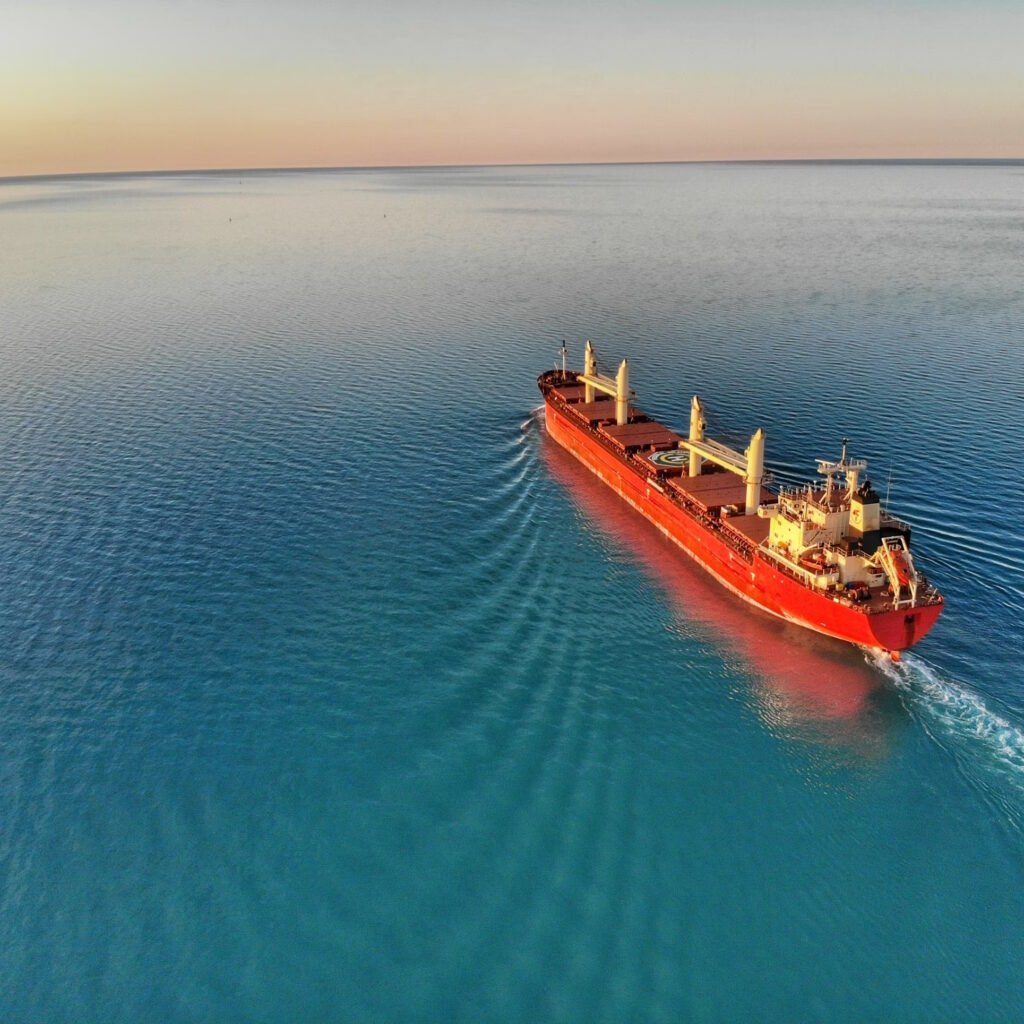Technical Management
We provide technical management services for general cargo, container ships, product carriers and oil tankers in cooperation with our business partners. This includes:
- Crewing / insurance / operations management
- Maintenance and repair of equipment and machines
- Maintenance of ship management system
- Compliance with IMO rules
- Contracting of marine insurance
- Specification of scope of work and supervision
- Upload supplies and spare parts
- Procurement and crew management
- ISO and ISM certificates and audits
- Inspection of ships, consulting on new construction

The technical management of ships is a crucial aspect of ensuring the safe, efficient, and reliable operation of maritime vessels. It encompasses a range of activities and responsibilities that are essential for the proper functioning of a ship. Here is a comprehensive overview of the key elements involved in the technical management of ships:
- Maintenance and Repairs:
- Regular inspections and maintenance schedules to ensure the ship’s machinery, equipment, and systems are in optimal condition.
- Timely and efficient repairs to address any mechanical, electrical, or structural issues.
- Overseeing dry-docking activities for extensive maintenance and inspections.
- Classifications and Certifications:
- Ensuring compliance with classification society rules and regulations.
- Managing the renewal of certificates related to safety, pollution prevention, and other regulatory requirements.
- Safety and Risk Management:
- Implementing and maintaining a safety management system (SMS) to identify, assess, and mitigate risks.
- Conducting safety drills and training for the crew.
- Keeping abreast of international regulations and industry standards to enhance safety practices.
- Inventory and Spare Parts Management:
- Efficient procurement and management of spare parts to minimize downtime.
- Maintaining an inventory of critical spare parts and consumables.
- Establishing relationships with reliable suppliers.
- Performance Monitoring:
- Utilizing condition monitoring systems to assess the performance of machinery and equipment.
- Analyzing data to identify trends, predict potential issues, and optimize performance.
- Energy Efficiency:
- Implementing measures to enhance fuel efficiency and reduce environmental impact.
- Investing in technologies such as energy-efficient propulsion systems and alternative fuels.
- Crew Training and Competence:
- Providing ongoing training for the crew to ensure they are well-versed in the operation and maintenance of ship systems.
- Ensuring that crew members possess the necessary certifications and competencies.
- Budgeting and Cost Control:
- Developing and managing budgets for maintenance, repairs, and technical operations.
- Implementing cost-effective measures without compromising safety or compliance.
- Communication and Reporting:
- Establishing effective communication channels between ship and shore-based personnel.
- Reporting incidents, maintenance activities, and performance metrics to relevant stakeholders.
- Emergency Response:
- Developing and practicing emergency response plans.
- Ensuring that the ship’s crew is well-prepared to handle emergency situations.
- Regulatory Compliance:
- Staying informed about and complying with international, national, and local regulations.
- Collaborating with regulatory bodies to ensure adherence to maritime laws.